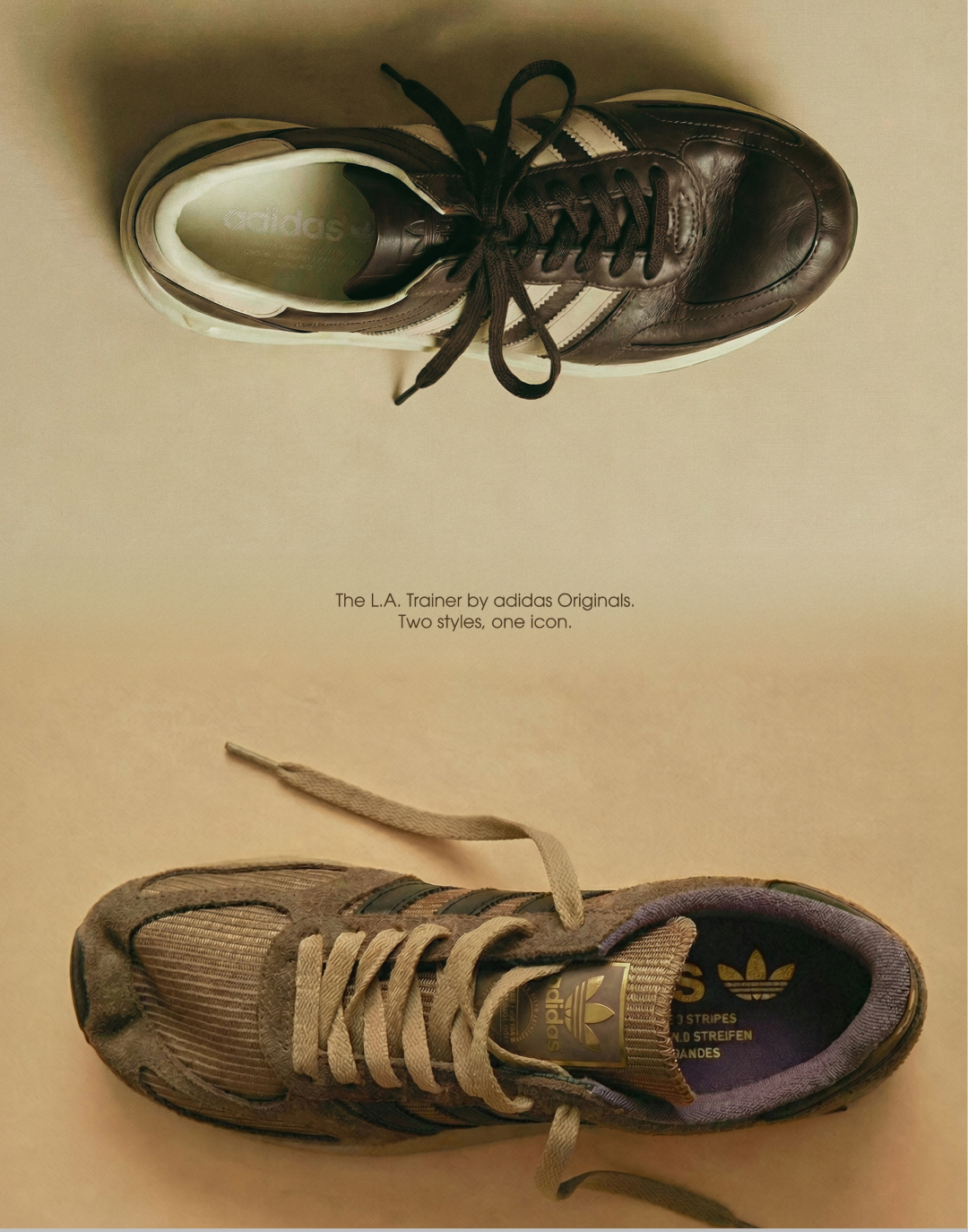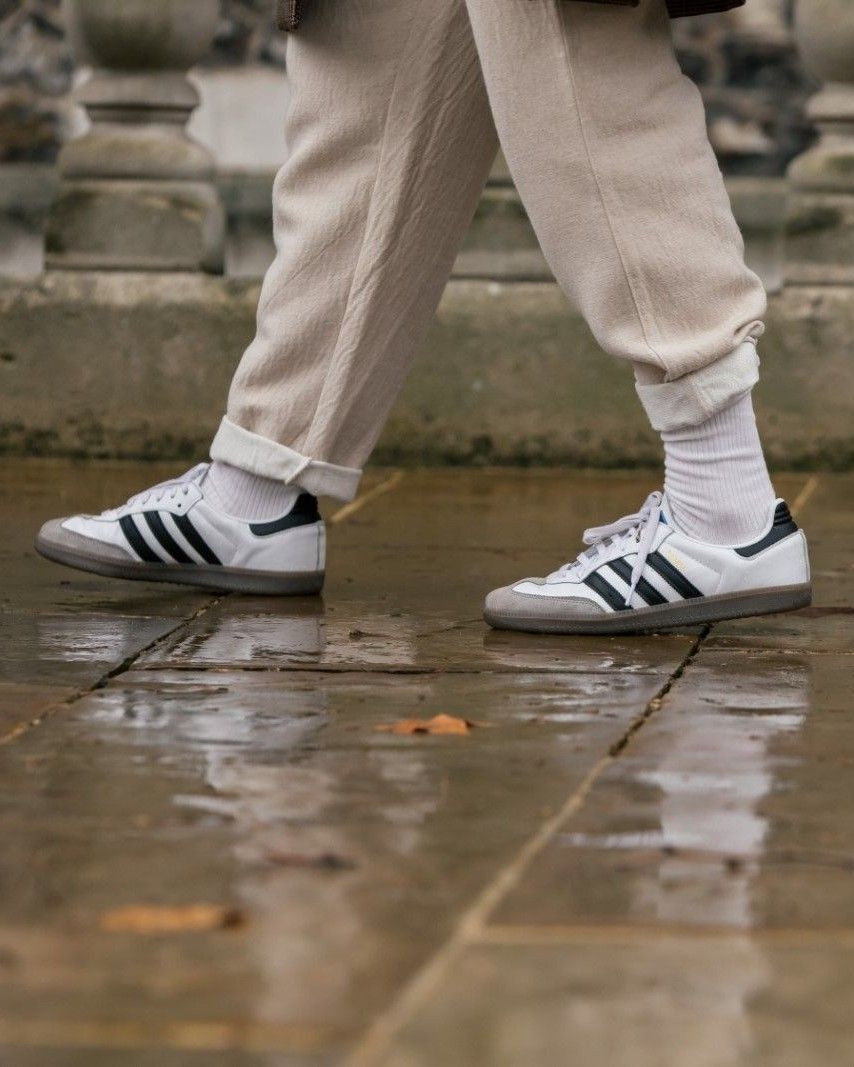
adidas' profits plummeted by 97% However, slow signs of recovery come from the e-commerce sector
The buying crisis caused by the Covid-19 pandemic and lockdown that has affected much of the world has led many brands to face heavy losses in economic terms and new categories of problems, such as the management of unsold stock and buying habits that are changing from the past. An example of how devastating this lockdown can be not only for small local companies or luxury brands but also for the big titans of the industry comes from adidas. The German brand reported a 97% drop in revenues caused by the lockdown - a collapse of which the brand's CEO, Kasper Rorsted, explained at a press conference the precise anatomy between alarming trends and slow signs of recovery.
After a sharp 19.2% decline in first quarter sales, adidas expects the second quarter data to get even worse, falling to 40%, due to the failure of the Asian market to recover. Kasper Rorsted estimated that the amount of losses in April at about one billion euros. According to analysts at Refinitiv Eikon, adidas' operating profit (i.e. the gross profit count, not counting extraordinary expenses and taxes) for the first quarter fell to 65 million euros, well below the 263 million expected by analysts and 875 million last year, while sales fell to 4.75 billion euros compared to 4.85 billion euros expected.
To make things worse, the brand also had to address the issue of unsold stock, a damage of about 250 million euros, which led to the cancellation of orders from suppliers for the second and third quarter of the year, implementing a new strategy to reuse the materials in stock for the 2021 collections, liquidating the inventories at discounted prices through their partners and their e-commerce and outlets. It's not just bad news, though: e-commerce sales rose 35% in the first quarter, accelerating to 55% in March and doubling in April. Analysts at Jefferies confirmed that losses in Europe and North America, down 8% and 1% respectively, are better than expected. Between January and February, the brand also reported a slight 8% revenue growth outside the eastern markets before the crisis spread to the whole world.
adidas declined to provide a perspective for the rest of 2020 given the uncertainty over the end of the lockdown and the reopening of the stores – which is expected between mid-May and June. The data reported by the sportswear giant, however, offers an interesting picture of the changes that have occurred in consumer habits: in Asian stores that have reopened, customers have spent much less, but the interest in fitness has been reinforced with yoga mats that have become one of the best-selling categories. Here's how Kasper Rorsted talked about this trend that inspires brand confidence for the future:
“People are thinking about health more than ever. The underlying strengths in the sporting goods industry remain because of the focus on health”.
























































